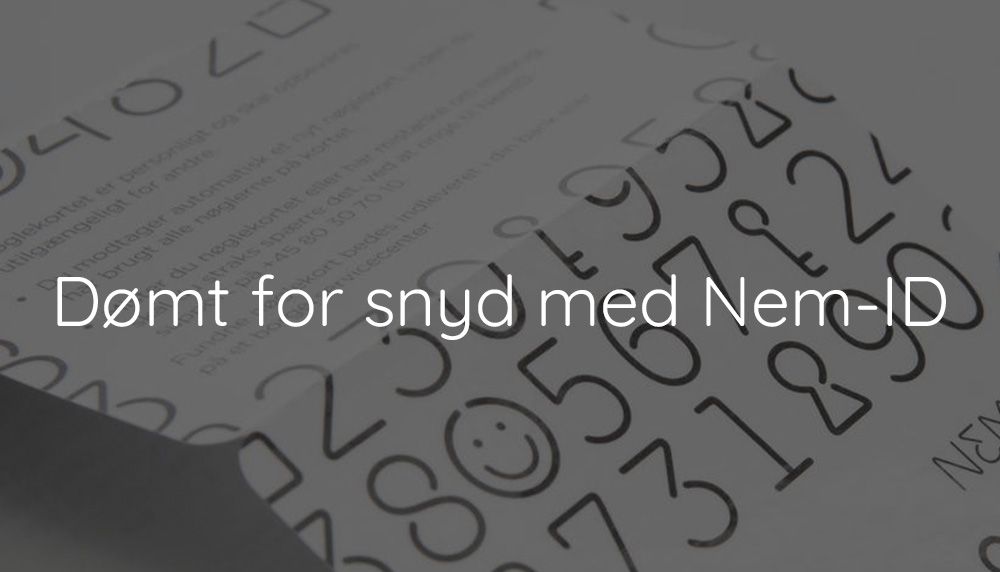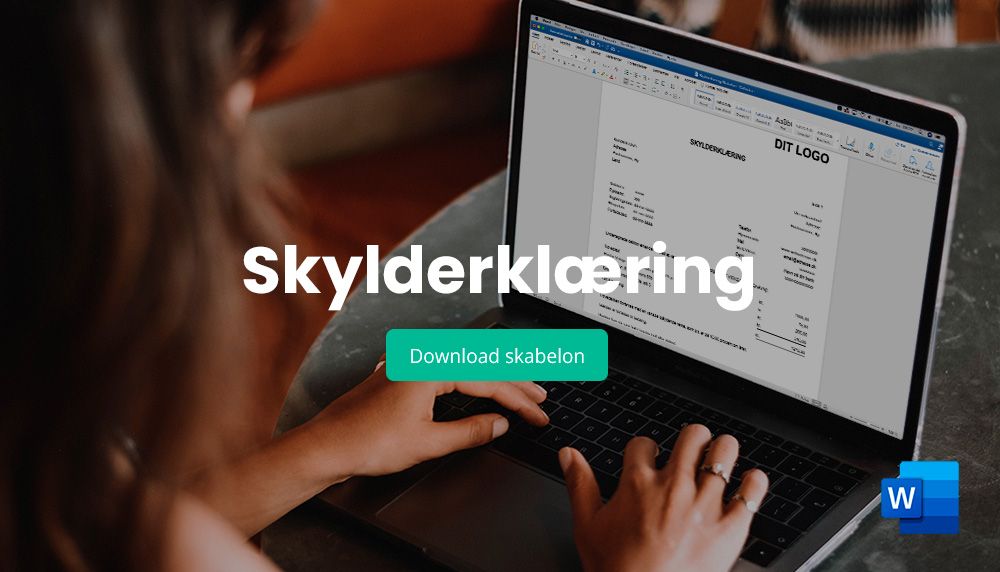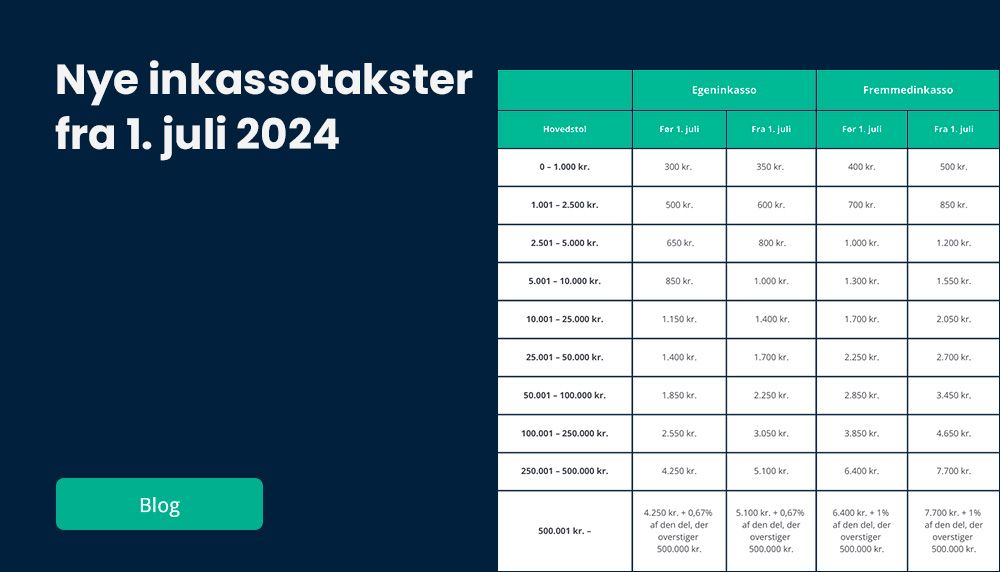
Convicted for cheating with Nem-ID
It has become increasingly common to sign binding agreements and documents with your digital signature: NemID. And while a digital signature is just as binding as an old-fashioned signature, some people believe that it is easier to "forge" a digital signature, as it only requires a code and a key card to sign.
A recent Supreme Court judgment shows that you cannot simply escape the obligations that come with a digital signature, even if the signature is unauthorized. However, it is crucial whether the court considers that the NemID holder has behaved responsibly or has shown such a degree of negligence that the NemID holder is liable, regardless of who used his or her NemID to sign.
In the specific case in which the Supreme Court ruled on January 8, 2019, persons A and B had given their NemID key cards together with username and password to third parties, who then, without their involvement, misused the NemID information by signing digital promissory notes and thereby taking out loans with Basisbank A/S. The case was then about whether A and B, respectively, could be enforced on the basis of the digital promissory notes, even though the signatures had not been added digitally by themselves.
The Supreme Court stated that the decision as to whether the holder becomes contractually obliged in the event that a third party misuses the holder's digital signature must be based on a specific assessment of the overall course of events. This assessment includes, among other things, the circumstances under which the third party has come into possession of the holder's key (username, password and key card for Nem ID), whether the holder has been aware that the third party has come into possession of the information in question, and whether the holder has done what was possible to prevent misuse, for example by blocking his NemID as soon as possible.
The Supreme Court then agreed, for the reasons stated by the High Court, that A and B had shown such a degree of negligence that they were liable to Basisbank A/S for the loans on a contractual basis, even though the signatures had not been added digitally by themselves.
The Supreme Court therefore upheld the High Court's orders, according to which enforcement could be enforced against A and B respectively on the basis of the digital debt instruments.
The High Court had reached the same result in both cases.











